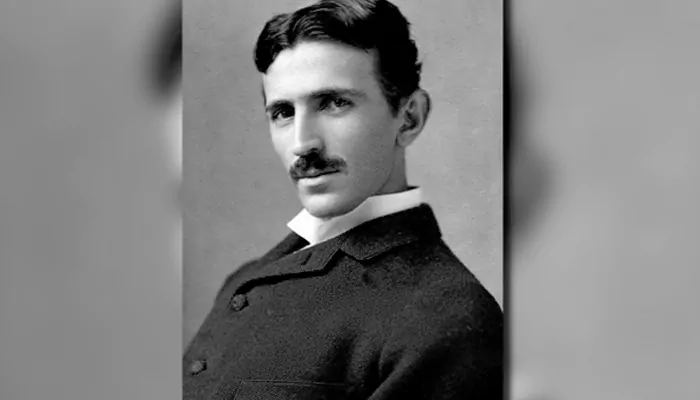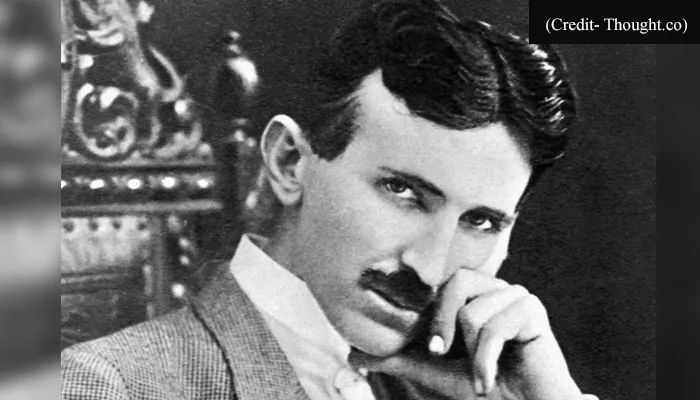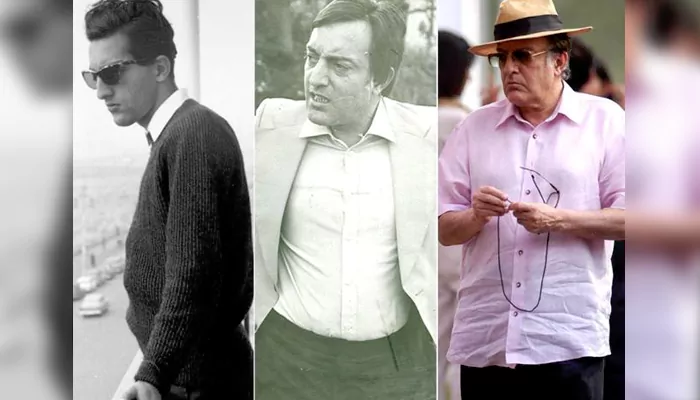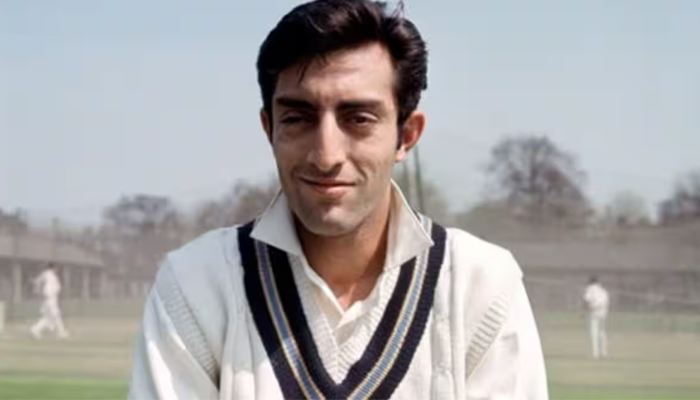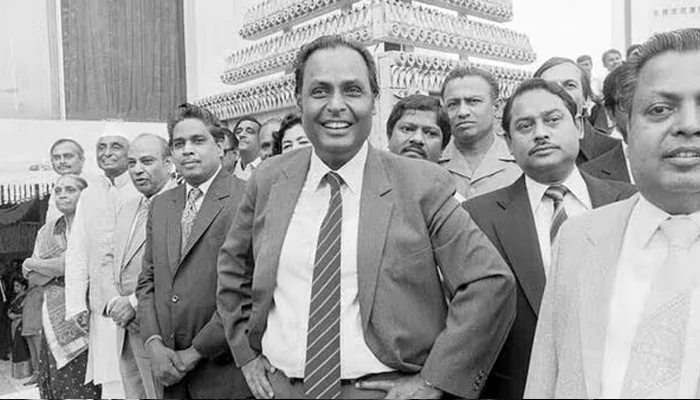Jawaharlal Nehru's Birth Anniversary: Lessons From 'The Discovery of India' - Why It's a Must-Read
- Devyani
- 2 months ago
- 3 minutes read
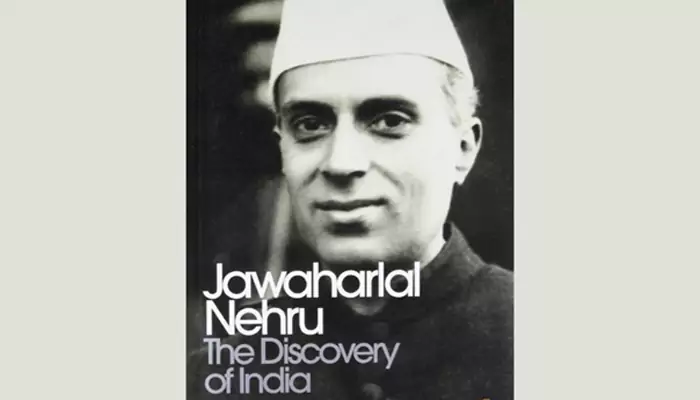
A dog-eared paperback on your shelf, “The Discovery of India” still packs more wisdom than a hundred viral TED Talks. Nehru’s classic doesn’t just trace history - it sparks thought trails that lead you places you’d never expect.
Look, you don’t crack open “The Discovery of India” expecting bedtime storytelling. If you’ve ever wandered through a dusty library corner, stumbled on a frayed old book, and felt oddly compelled to peek inside - that’s the opening mood of this journey. Nehru isn’t whispering nostalgia. He’s plonking you right in the middle of Ahmednagar Fort, 1940s. Wartime gloom, British surveillance, and a resolute Indian leader facing down centuries of memory with nothing but a pen and restless curiosity.
Starting In The Thick Of It
Ever wonder why we say “unity in diversity” so casually? That's because Nehru made you feel it. Every ethnolinguistic zigzag across India, he dives headlong into the chaos - and calls it beautiful. Not just a scholar’s “diversity”; he says, “India’s a living organism,” which is a gutsy statement if you ask me.

Jawaharlal Nehru, The Discovery of India, Calcutta: The Signet Press, 1946. Original cloth, and dust wrapper designed by Satyajit Ray.
Tangents With A Point (Mostly)
And it’s not all rose petals. Nehru gets irked by superstitions and dogmas, pokes fun at the British with dry wit, yet has wild admiration for the philosophical backbone of Indian civilization - the Vedas, the Upanishads, that relentless search for truth in everything. Sometimes, he wanders - oh, the man meanders! You may find him drifting about ancient trade routes and then, he’s quoting Kalidasa or sulking over lost manuscripts.
.webp)
Jawaharlal Nehru showed great admiration for Indian literature, the Upanishads and the Vedas.
Lessons? They Creep Up On You
If you’re hunting life lessons, don’t expect bullet points. The book works more by osmosis.
Take “The past isn’t dead; it isn’t even past.”
There’s your first slap of perspective. Nehru means the struggles, aspirations, and blunders of our forebears keep echoing - politically, spiritually, everywhere.

(The Indian Express)
Unity, not uniformity.
He keeps showing how India’s strength lies in its ability to absorb - languages morph, empires crumble, faiths tangle, but somehow, pluralism outlasts the panic.
Cultural pride with eyes open.
Nehru is proud, yes, but never delusional - he calls out India’s warts as much as he celebrates its wonders. A refreshing pattern, honestly.
But, Why Bother Reading Now?

With history being spin-doctored at every turn, Nehru’s brand of questioning - part skeptical, part hopeful - is tonic. The man wanted his country to think, to ask, to never be spoon-fed dogma.
Nehru’s vision for India wasn’t stuck in sepia - he was eyeing the future. Social equality, curiosity, education for all: These obsessions percolate through every chapter. He outright says, India can’t claim its birthright if it leaves out anyone, especially the marginalized.
Pick up the book today for Nehru’s birthday or any day - just don’t sit expecting a neat TED summary. “The Discovery of India” isn’t a relic. It’s a messy, talkative, necessary companion for anyone still wondering, “What does it mean to belong here?”
Wishing a very Happy Birthday to Chacha Nehru!




